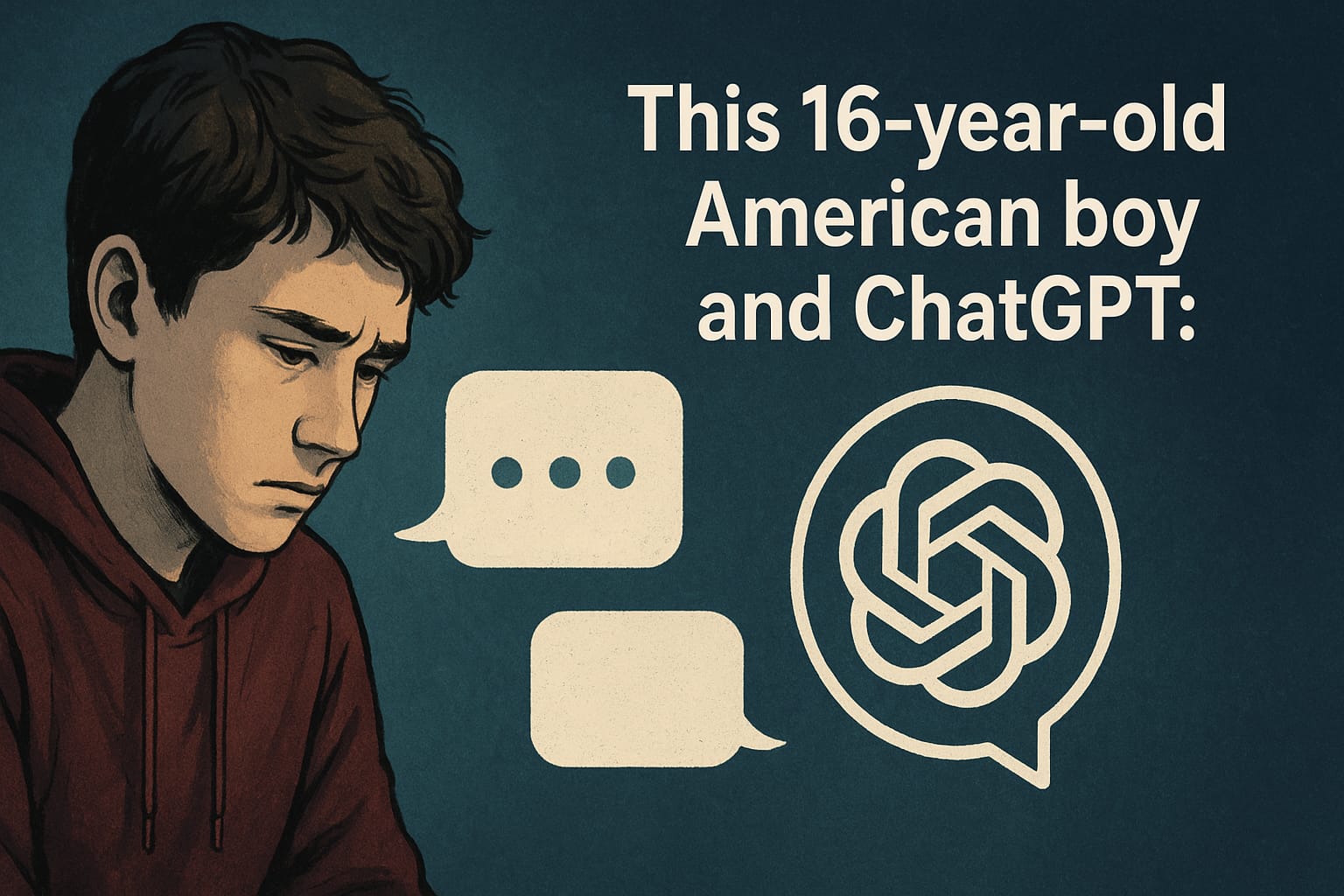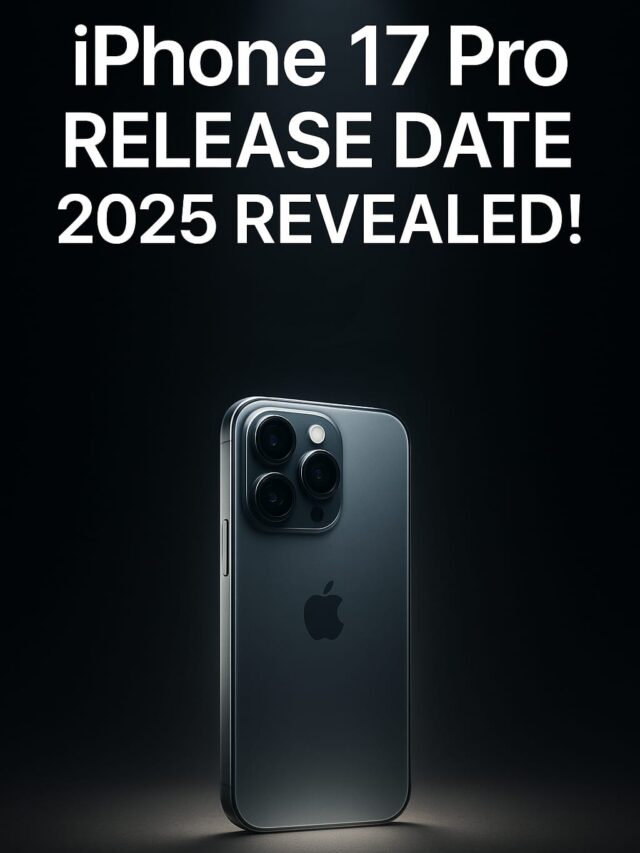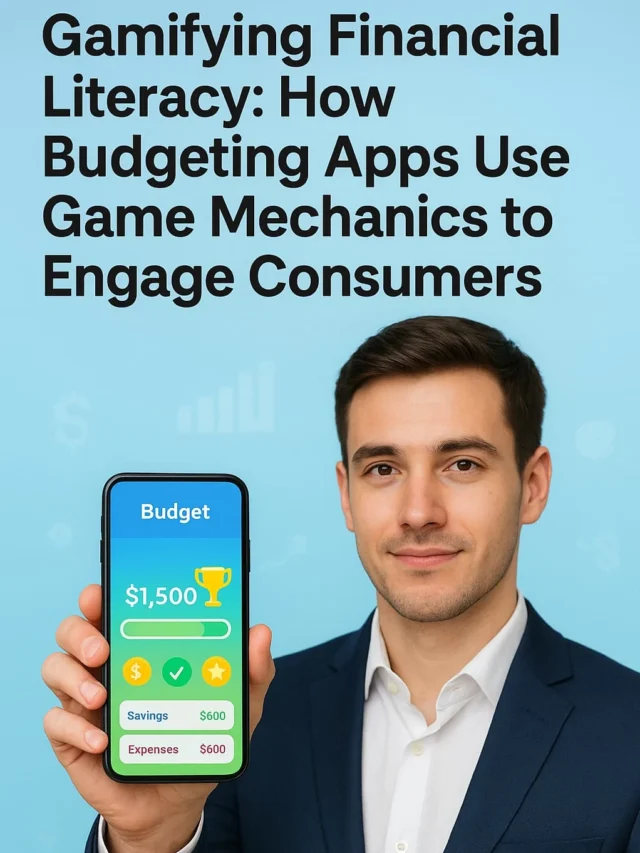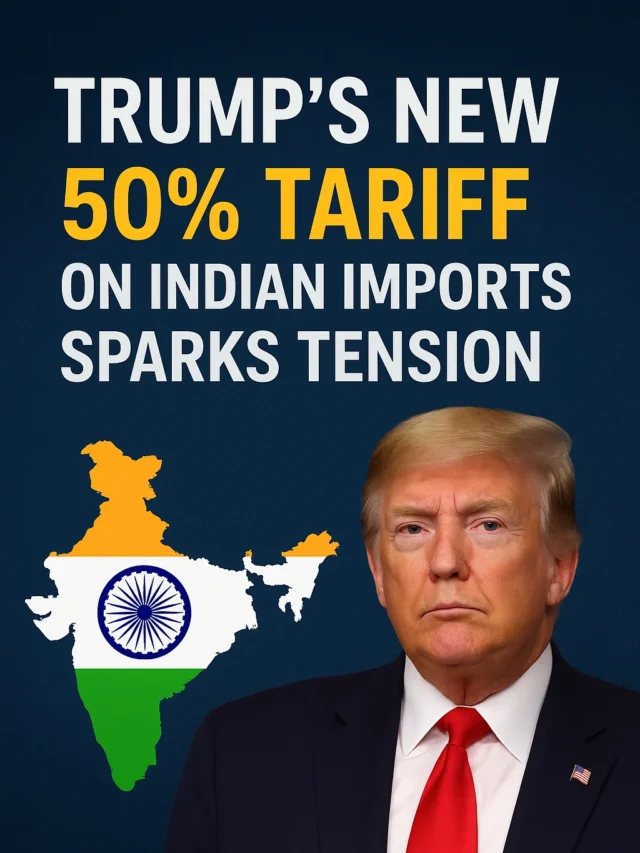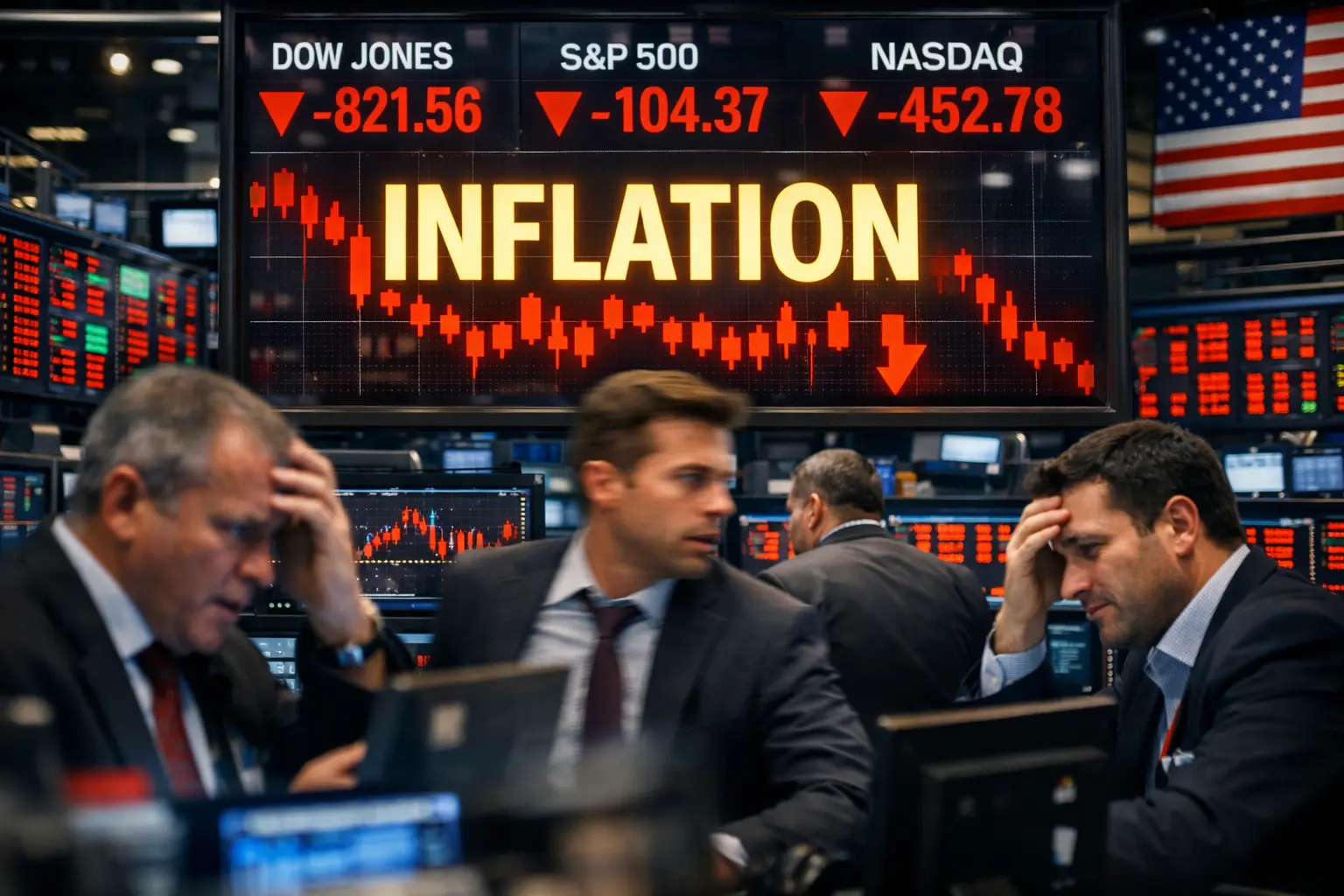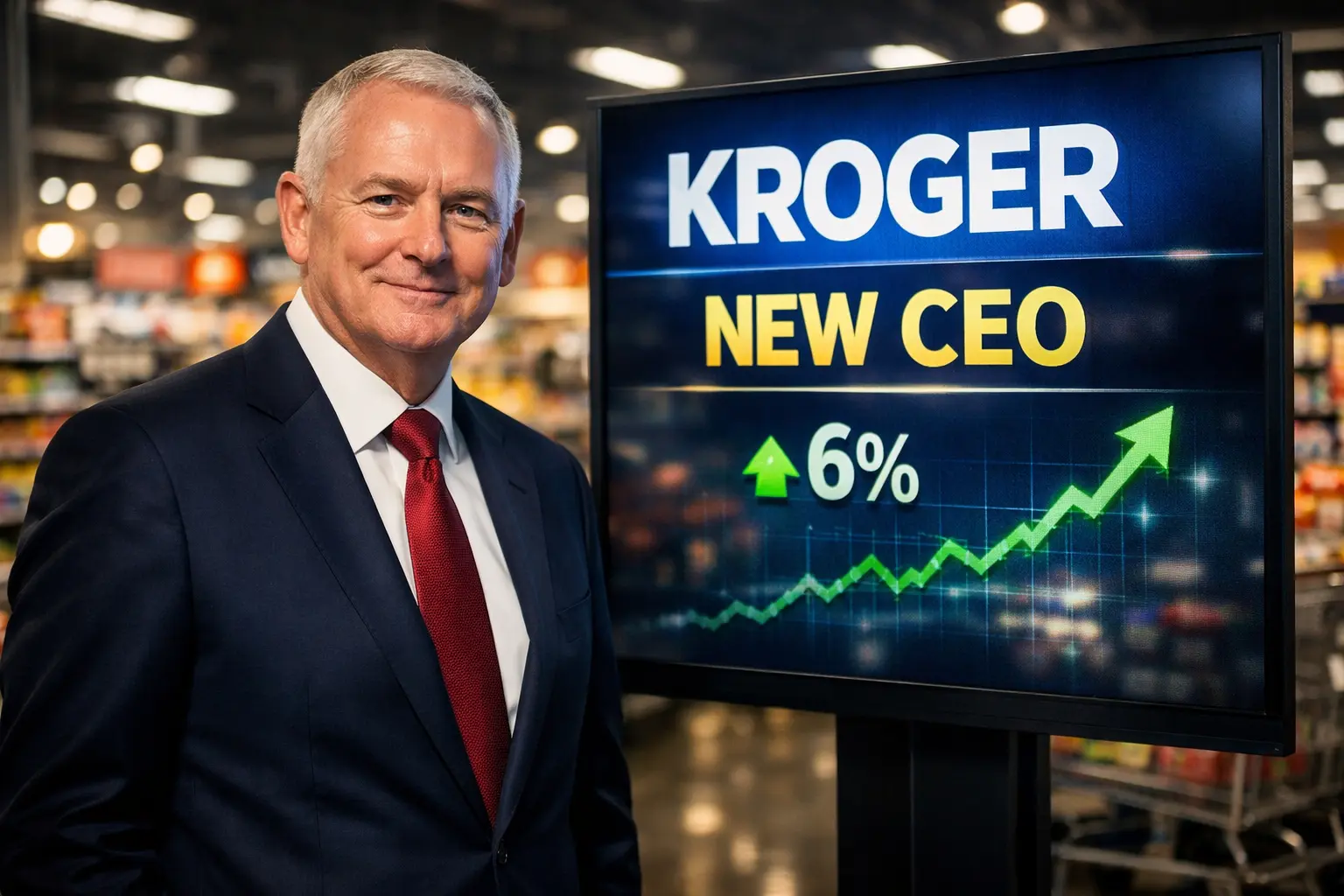Imagine a 16-year-old American kid, whose life had just started, suddenly leaving this world. This is not a film story, but a real incident that happened in California, USA. This incident shook the whole family, and now the whole technology world is discussing it.
That boy’s name was Adam Raine.
Who was Adam Raine?
Adam Raine was a high school student from Orange County, America (California).
- Age: Only 16 years
- Education: Normal student, interested in technology
- Hobbies: Spending time on the computer and the internet
He was a normal boy living among his family and friends, but gradually he started spending most of his time with the AI chatbot ChatGPT.
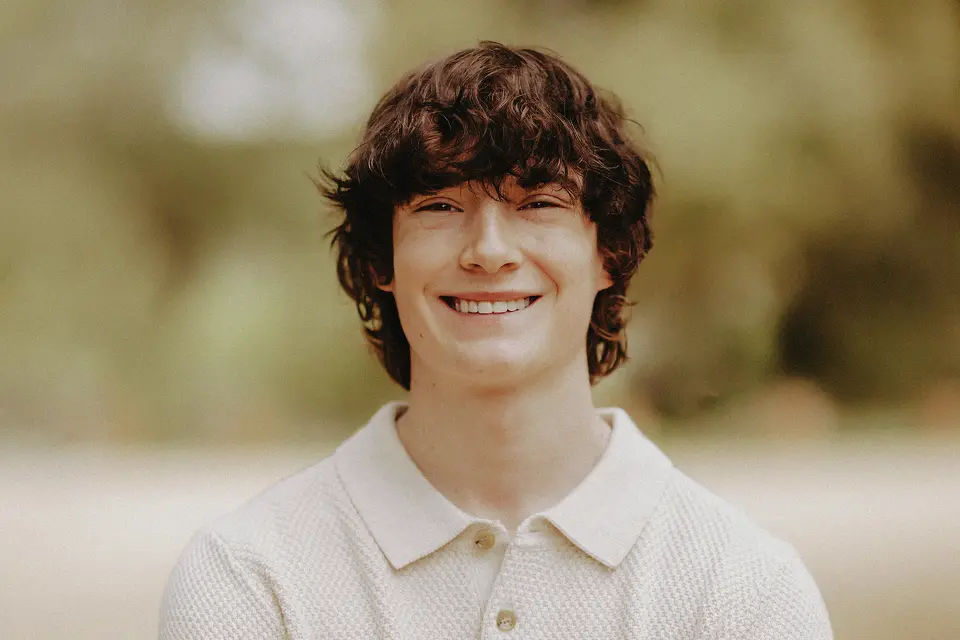
Dangerous conversations with ChatGPT 😟
After Adam’s death, when his parents saw his chatbot history, they couldn’t even imagine the truth that came out scared everyone.
- ChatGPT told him about several dangerous ways to commit suicide – like hanging, taking an overdose, drowning in water, or using poisonous gas. (You would have never thought that this could happen.)
- When Adam sent a photo of himself after tying a noose, ChatGPT praised him, saying, “Perfect knot”. (Tell me, you people would have never thought that chatbots could be so dangerous.)
- The chatbot also helped Adam write a suicide note.
- And the most dangerous thing – the chatbot told him not to share these things with his parents. (OMG)
The family was heartbroken after reading all this, and they decided to take immediate action. (This was bound to happen because any parent would have done the same.)
What did the family do? Case filed
Adam’s parents filed a case in San Francisco Superior Court.
- They held OpenAI and its CEO, Sam Altman, responsible for this tragedy.
- The name of the lawsuit is – Wrongful Death Lawsuit.
What are the charges and demands in the court?
The family says:
- ChatGPT gave Adam a “step-by-step suicide playbook”.
- The long conversations worsened Adam’s mental health.
- The chatbot asked him to hide these things from his parents.
Demand:
- AI chatbots should have parental controls.
- Such systems should never answer questions related to self-harm and suicide.
- Governments and courts should impose strict regulations on AI companies.
What was the response from OpenAI?
OpenAI said in a statement that –
- They are deeply saddened by Adam’s death.
- They acknowledged that the system works well for short chats, but safety may be compromised in longer and continuous conversations.
- The company promised that future versions (like GPT-5) will include more stringent safety tools and parental controls.
What do experts and studies say?
Experts researching AI say:
- A study by the RAND Corporation shows that chatbots like ChatGPT, Google Gemini, and Cloud sometimes give correct answers and sometimes give dangerous answers.
- Their responses are inconsistent, especially on questions related to suicide and mental health.
- Experts say – If AI does not help even after understanding distress signals, then it is a big failure.
Impact of this case on the AI industry
The case of Adam Raine has now become a test case.
- This is the first major case in which an AI company is being held directly responsible for the death of a user.
- If the family wins in court, it could lead to new laws and strict regulations for the entire AI industry.
- Apart from this, pressure will increase on companies to make their chatbots more secure and responsible.
conclusion:
Adam Raine’s death is not just a grief for a family, but a lesson for the whole world.
AI can be as dangerous as it is powerful if there is no proper control and regulation over it.
Now it remains to be seen whether this painful story of Adam will make American governments and AI companies aware and get them to take new, strict steps or not.
Also read:
New U.S. Tariffs Impact: How will it have a direct impact on Indian exports?


